Únase a getAbstract para acceder al resumen.

Únase a getAbstract para acceder al resumen.
Richard V. Reeves, Isabel V. Sawhill, Steven Pearlstein and Fred Dews
How To Fix Capitalism for America’s Workers
Brookings Institution, 2019
¿De qué se trata?
According to some, capitalism is hopelessly broken. But purposeful policies could fix it.
Recommendation
Tax and regulatory reforms implemented during the 1980s, and since taken even further, have left US workers with an extremely low share of national wealth. This wide distributional inequality calls out for remedy. In an informative podcast produced by Fred Dews, economist Richard V. Reeves of the Brookings Institution explores ways to aid workers and repair the defects in capitalism. In the discussion, policy experts Isabel V. Sawhill and Steven Pearlstein, along with call-in guests, offer diverse opinions and recommendations that contain some new responses to old problems.
Summary
About the Podcast
Richard V. Reeves and Isabel V. Sawhill are senior fellows at the Brookings Institution, where Fred Dews manages The Brookings Cafeteria podcast and the How to Fix Capitalism series. Steven Pearlstein is a professor at George Mason University and a Washington Post columnist.









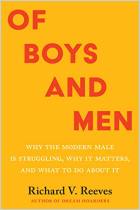
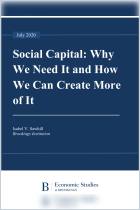
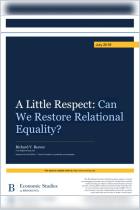

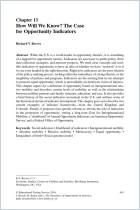



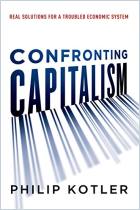
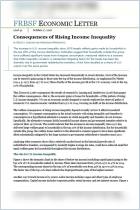





Comment on this summary